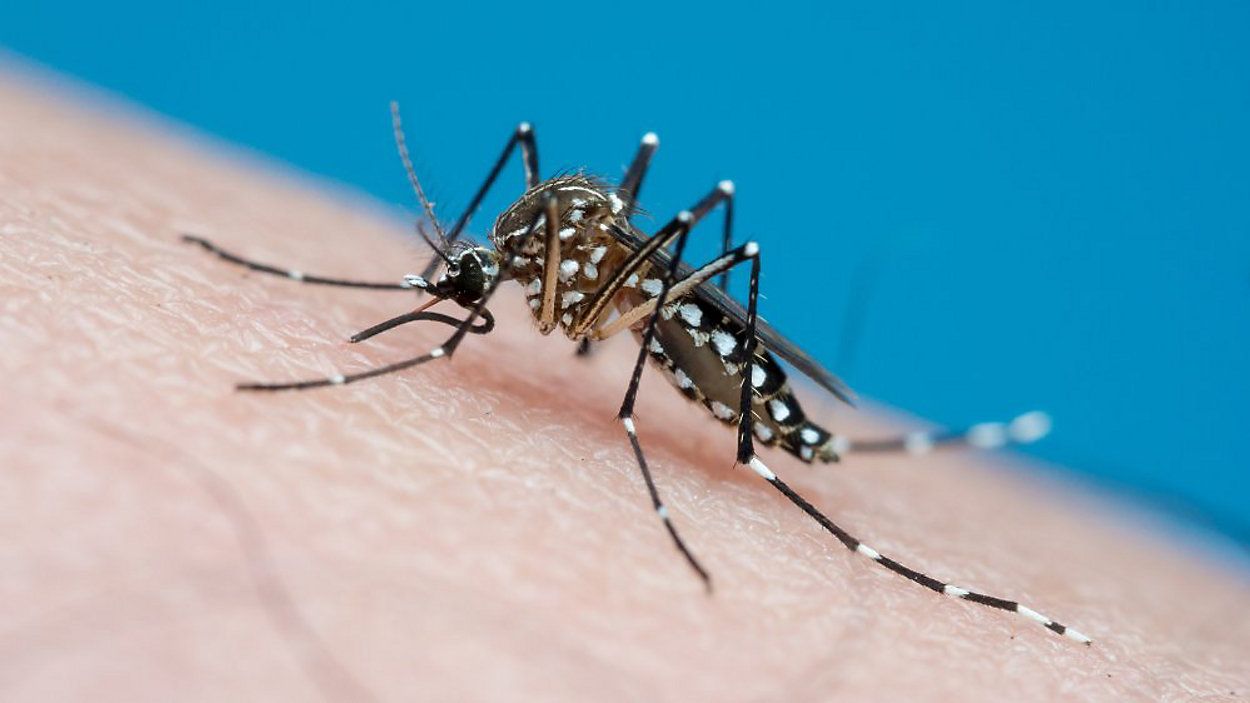Travel
8th case of travel-related dengue confirmed on Oahu

HONOLULU — On Friday, the Hawaii Department of Health identified another case of travel-related dengue virus on Oahu.
This brings the number of total cases in Hawaii in 2024 to 12 — one on Kauai, three on Maui and eight on Oahu. Investigations found the nine travelers had been exposed to dengue in different locations around the world. Currently, various regions are experiencing higher-than-normal dengue activity.
DOH teams were deployed to inspect and begin mosquito control efforts in the area, and the community is asked to help reduce the risk of local transmission by eliminating standing water.
Dengue virus is spread from infected person to mosquito to person. Hawaii is not home to the type of mosquitoes that carry dengue, but the virus can be transmitted after a mosquito bites a person infected with dengue. After five to seven days, the virus develops in the mosquito and can be spread when the infected mosquito bites a non-infected person.
Places where dengue outbreaks have occurred include Central and South America, Asia (including the Republic of the Philippines), the Middle East and Africa, as well as some Pacific Islands including the U.S. territories of American Samoa, the Federated States of Micronesia, the Republic of Marshall Islands and the Republic of Palau, plus popular tourist destinations in the Caribbean (including Puerto Rico).
Symptoms can be mild or severe and typically include fever, nausea, vomiting, rash and body aches that usually last two to seven days. Severe to life-threatening illness can occur but most people recover after about a week. People experiencing symptoms are urged to see their health care provider.
Hawaii DOH personnel conduct inspections and mosquito-reducing activities in areas suspected or confirmed with dengue to reduce the chance of the virus being transmitted to others. As good practice, residents are encouraged to eliminate mosquito-breeding sites in and around the home on a regular basis.
With Tropical Storm Hone in the islands, DOH advises all residents to get rid of or turn over items around home or businesses that can collect rainwater such as containers, pots, plants and tarps.
Mosquitoes only need a small amount of standing water to breed such as in buckets, water-catching plants such as bromeliads, small containers, planters, rain barrels and even cups left outside. Simply pour water out of these containers.
Visit the Disease Outbreak Control Division website or DOH’s Vector Control Branch website for more information.










